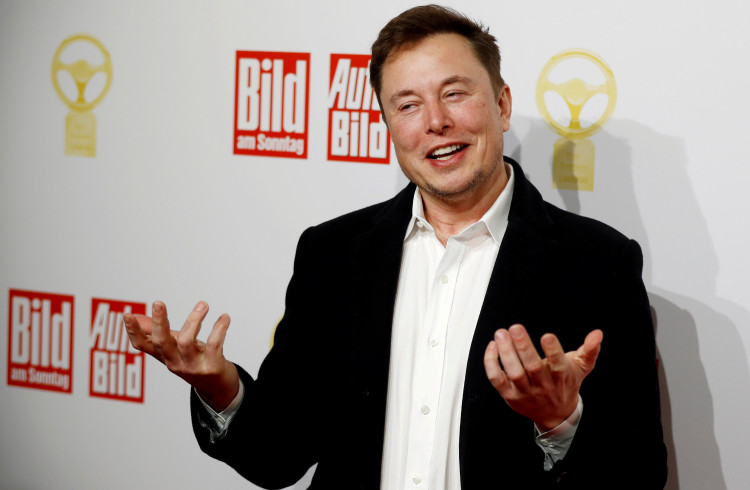Elon Musk, the tech mogul behind SpaceX and Tesla, recently shed light on his decision to decline shares in OpenAI, the artificial intelligence research entity he helped establish in 2015. In a detailed X post, Musk articulated his reservations about the legal and ethical framework of OpenAI, suggesting that accepting shares would have been against his principles. "It isn't clear to me how the OpenAI structure is legal at all. I was offered shares at various points, but it seemed unethical/illegal to accept them," Musk stated, without delving into specifics about the offers.
OpenAI has seen its valuation soar to an estimated $80 billion this month, as reported by The New York Times, marking a significant leap from its previous $29 billion valuation. This remarkable growth trajectory is attributed to strategic partnerships with notable venture capital firms such as Thrive Capital and Sequoia Capital.
Musk's departure from OpenAI's board in 2018 was initially attributed to avoiding conflicts of interest with Tesla's AI endeavors. However, Musk later indicated that his exit was due to disagreements with OpenAI's direction, particularly criticizing the organization's shift towards profit maximization and its close ties with Microsoft. These developments seemed to diverge from Musk's original vision for OpenAI, which was conceived as an open-source, non-profit initiative aimed at balancing Google's influence in the AI domain.
In response to inquiries about his involvement in founding OpenAI despite his vocal concerns about AI risks, Musk expressed his disappointment over the organization's transformation. "OpenAI was created as an open source (which is why I named it 'Open' AI), non-profit company to serve as a counterweight to Google, but now it has become a closed source, maximum-profit company effectively controlled by Microsoft. Not what I intended at all," Musk elaborated.
Following his departure from OpenAI, Musk embarked on a new venture, founding xAI, with the ambitious goal of deciphering "the true nature of the universe." Despite this new focus, Musk has remained an outspoken critic of unchecked AI development, advocating for stringent regulatory measures akin to those applied to nuclear technology. His concerns extend to the potential dominance of Google's AI capabilities, which he has previously flagged as a significant threat.
OpenAI, under the leadership of co-founder Sam Altman, has continued to push the boundaries of artificial intelligence, with projects like ChatGPT capturing public imagination and heralding a new era of AI-driven innovation. The organization's commitment to "advance digital intelligence in the way that is most likely to benefit humanity as a whole" remains its guiding principle, despite the controversies and debates surrounding its evolution from Musk's original vision.
As the AI landscape continues to evolve, with OpenAI at its forefront, Musk's journey from co-founder to critic underscores the complex ethical, legal, and strategic dilemmas facing pioneers in this transformative field.






